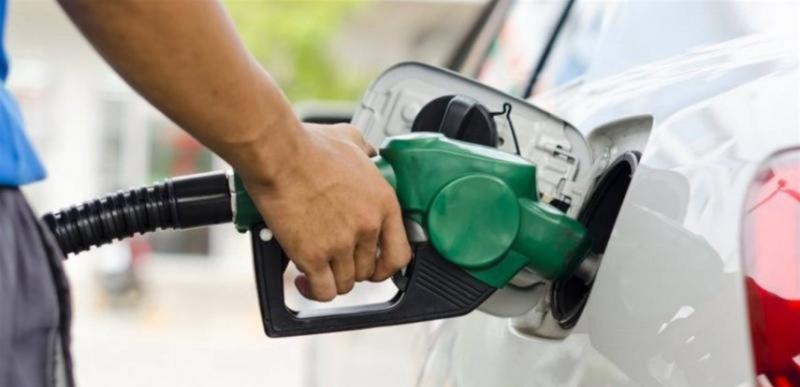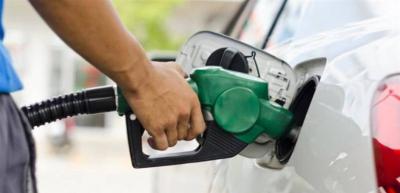Sources told Reuters that gasoline supplies have diminished in the Gulf region, allowing traders to profit from selling European shipments in the area. The sources added that demand for gasoline imports has risen because the fall maintenance season for oil refineries has led to reduced local production, and demand may further increase due to the shortfall resulting from the ban on Russian gasoline exports.
According to data from the London Exchanges Group, three Saudi refineries will be fully shut down for maintenance in the fourth quarter, resulting in a total production capacity halt of approximately 1.1 million barrels per day. Analyses by Vortexa revealed that about 31 percent of Russian gasoline exports, or 1.1 million barrels per day, were directed to the Gulf region in the Middle East this year. Importers have been able to take advantage of relatively cheap Russian supplies following the import bans imposed by the U.S. and the European Union.
Vortexa's data showed that export opportunities from Europe to the Middle East are unusual, with only one percent of shipments sent to the region so far this year. Vortexa reported that the trading company Trafigura temporarily chartered the vessels Aristarkos and Karimata to ship 60,000 metric tons of gasoline from Amsterdam-Rotterdam-Antwerp to the Gulf. Trafigura declined to comment, and those temporary arrangements may not materialize.
Data from the London Exchanges Group indicated that Aristarkos was last recorded loaded off the southern coast of the UK, while Karimata was logged as empty near the Netherlands. Coral Energy, another trading company, has also temporarily chartered a third tanker for loading from Amsterdam-Rotterdam-Antwerp on October 10, with discharge prospects in West Africa or the Middle East.
Coral Energy stated that it is sending shipments to West Africa but added that the prospects for profit from selling from Europe to the Gulf in the Middle East "have become more favorable." The sources indicated that flows from Europe to West Africa may also rise following the ban, as Europe has also lost market share to cheaper Russian supplies in that market this year.




